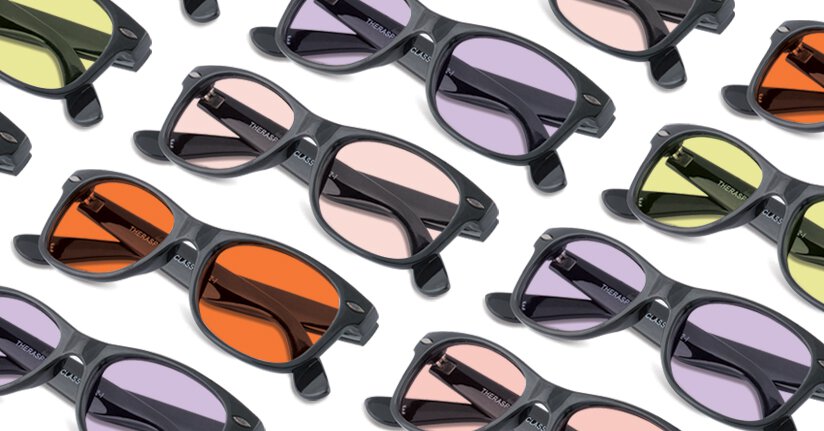Traumatic Brain Injury (Concussion) Linked to Sleep Disturbances
Long-term sleep disturbances could follow traumatic brain injuries (also called TBI or concussions), no matter how severe the injury was, according to a study published in the journal Neurology in April. And people may be unaware just how significantly their sleep is disturbed.
Researchers followed 31 people after they experienced their first TBI for 18 months. TBIs ranged from mild to severe. Findings were compared to those of 42 healthy people who did not have brain injuries. Data were recorded in four different ways:
- Participants reported on their own sleep and daytime sleepiness
- Each participant wore a device on his or her wrist for two weeks to tracked body movement
- They spent one night in a sleep video lab, where brain activity, eye movements, muscle activity, and heart rhythms were measured
- They took a test for daytime sleepiness, which measures how quickly people fall asleep during the day
On the measure of daytime sleepiness, 67% of those with TBI experienced excessive daytime sleepiness; only 19% of healthy participants did. However, people with TBI didn’t report feeling any sleepier during the day than those without TBI. From this, researchers speculate that people with TBI may be unable to accurately assess their own sleep difficulties. This is particularly problematic because the most common way doctors assess sleep quality in people with TBI is through self-report.
Those with TBI slept an average of eight hours a night, while healthy people slept an average of seven. The severity of the injury did not impact whether or not someone had sleep problems and researchers could find no other health problems to contribute to sleep difficulties.
Based on these findings, researchers wonder if doctors should refer people with TBI to sleep studies. However, they recommend further study before any specific recommendations are made.
REFERENCES
Imbach, L. L., Büchele, F., Valko, P. O., Li, T., Maric, A., Stover, J. F., ... & Baumann, C. R. (2016). Sleep–wake disorders persist 18 months after traumatic brain injury but remain underrecognized. Neurology, 10-1212.
American Academy of Neurology (2016, April 27). Silent Epidemic? Head Injury May Be Linked to Lasting Sleep Problems [press release]. Retrieved May 12, 2016 from from https://www.aan.com/PressRoom/Home/PressRelease/1464.
TheraSpecs Glasses for Light Management
Try our light-filtering glasses and stay protected against harsh light from screens, fluorescents, LEDs, unwanted blue light, bright sunlight, flashing lights, and more.





